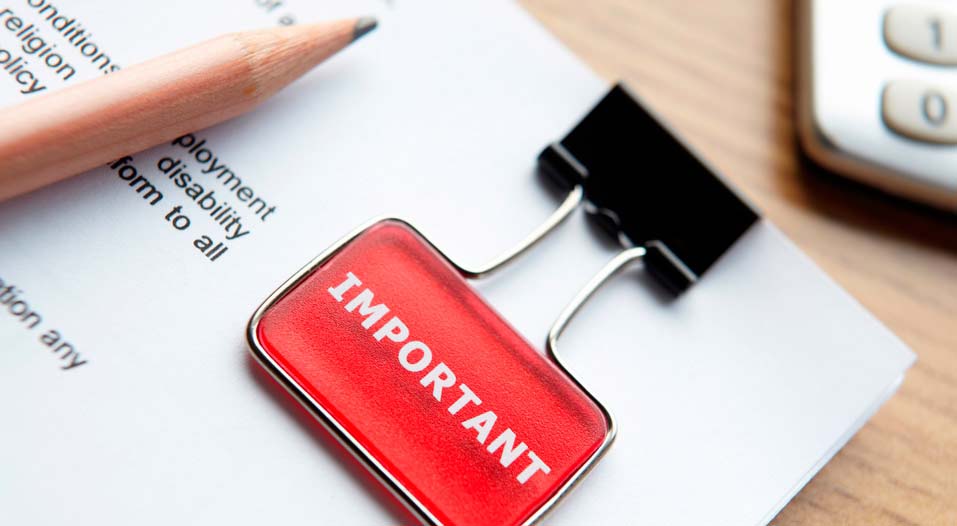13 things to remember before setting up a club in Ireland
13 things to remember before setting up a club in Ireland
1. A Club or Association can form a Limited Liability Company by which the liability of its members can be limited to a specified amount, usually €1. A Limited Liability structure for a Club or Association is attractive in limiting exposure to claims for compensation being made against it. This is particularly of benefit where the Club or Association is involved in activities which involve a significant risk of injury. Generally, Clubs and Associations do not form Limited Liability Companies and consequently are governed by the contractual conditions established by their Rules, Standing Orders or Constitution.
2. Every Club and Association must have its name registered with the Registrar of Business Names.
3. To ensure the Club does not lose direction the Objects Clause should be reasonably specific when setting out the aims and objectives of the club, and yet sufficiently broad to entitle the Club to do all other things necessary which are incidental to the main objects.
4. The rules should be clear as to how a person becomes a member and at what stage they become entitled to vote at meetings. The rules should make it easy for clubs to identify their members and who is entitled to vote.
5. Unless the rules provide otherwise, new members can only be admitted to a club by being elected by every existing member.
6. The rules must empower the Committee to manage the affairs of the Club on behalf of the members. Mere election of a Committee does not give it such power.
7. The rules should provide the Committee and Trustees with an indemnity from the members. Without such an indemnity the Committee and Trustees could be held personally liable for their actions.
8. A Club’s rules cannot be altered or modified or amended unless the rules make specific provision for this. Normally such rules require a two-thirds majority to be passed.
9. If the rules state that a member is deemed to have resigned if their subscription fee has not been paid by a specified date, there is no inherent power entitling the Committee to accept the subscription fee after the due date. By virtue of such a rule the member is deemed to have resigned and must re-apply for membership in the usual way. Therefore, the rules should grant the Committee a discretion to allow late payment or deferred payment of subscription fees in certain circumstances.
10. To avoid incurring unnecessary legal fees, Trustees should remain in office for a period of not less than five years.
11. The rules should contain the power of the Club to borrow money and the power of the Trustees to acquire, mortgage or sell property on the Club’s behalf.
12. To qualify for a Certificate of Registration (permission to sell alcohol) the Club must have specific rules as required by the provisions of the Registration of Clubs Acts (1904 – 2008).
13. In order to apply disciplinary sanctions to misbehaving members, the rules must contain specific rules empowering the Committee to suspend or expel members.
[cta headline=”Need professional help for your club?” buttontext=”Get in touch” buttonlink=”https://www.dermotmcnamara.ie/contact/” ]Dermot McNamara is the author of “A Legal Guide for Clubs and Associations”; the only book published in Ireland which covers this subject. [/cta]

